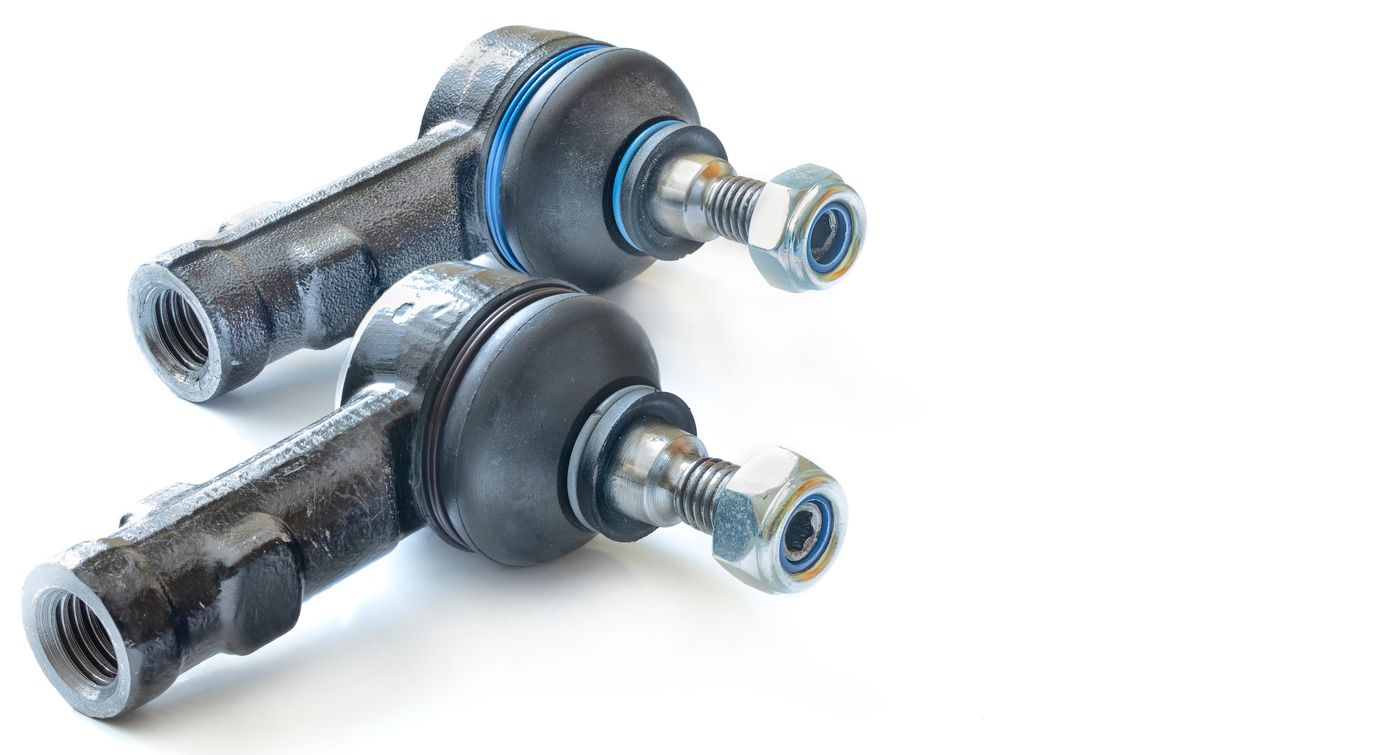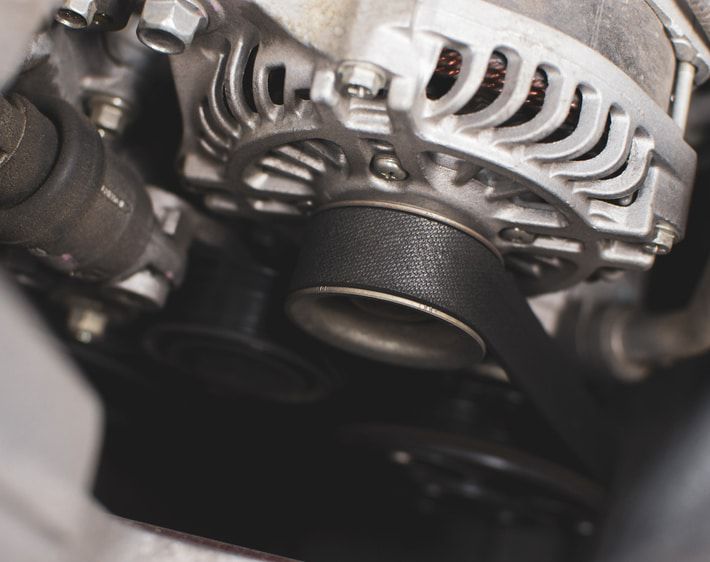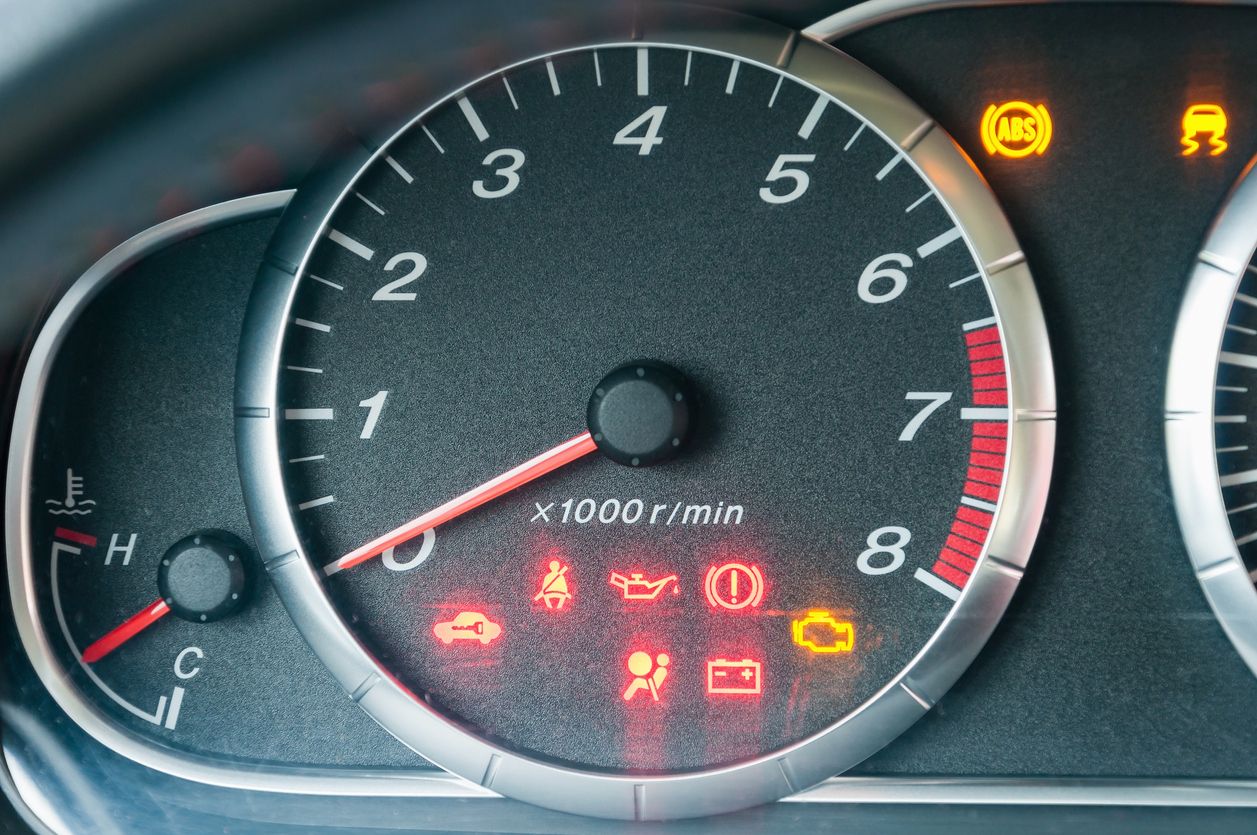
Symptoms Of Bad Tie Rod Ends
Experiencing loose steering, uneven tire wear, or strange noises while turning? Learn the common symptoms of bad tie rod ends, why they matter, and how to fix them for safer, smoother driving.
Read More
The transmission in your vehicle has hundreds of interconnected parts that are always moving, rubbing, heating up and interacting with other internal and external components. Because there are so many parts in the transmission - and because each of those parts is continually exposed to friction and heat - it is natural that your transmission components will experience more wear and tear than other, simpler, mechanisms in your vehicle makeup.
If your car is having transmission problems, it is important to catch it early before it becomes a more involved - and a more costly issue. If you are experiencing any of the following transmission symptoms, we recommend bringing your vehicle in for a transmission service and inspection as soon as possible:
Manual transmission vehicles need transmission fluid to keep gears lubricated and to prevent grinding. Automatic transmission vehicles need transmission fluid to create the hydraulic pressure that actually powers movement within the transmission. Without the right amount of clean and debris-free transmission fluid, transmissions can overheat and essential gears can slip, surge, or become ground down, and - especially in the case of automatic transmissions - total vehicle failure can occur.
In manual transmission systems, gear synchronizers - or synchros as they're commonly called - are the transmission component that makes the gear you are about to shift into spin at the same speed as the gear you are shifting from. By having the two gears spinning at the same speed during the shift, gear synchronizers create a smooth, seamless shifting experience. Worn gear synchros are a common manual transmission problem, and if untreated, can cause transmission failure.
A worn clutch is another common manual transmission problem. The clutch in a manual transmission system can become worn due to mechanical error if there is a hydraulic fluid leak in the clutch master cylinder, or by human error if the driver is frequently accelerating and shifting through the gears without releasing his or her foot from the clutch. This can burn up a manual transmission clutch quickly and will result in a clutch replacement service.
Needle bearings are small, lightweight roller bearings that help prevent gears in the automatic transmission's torque converter from grinding. If the transmission's needle bearings become worn or sluggish you may hear grinding or brushing noises coming from your vehicle while the car is in motion. This sound can mean your transmission gears are moving inefficiently and being prematurely worn down.
Because there are so many intricate parts in the transmission system, you don't want to wait until there is a critical problem to have your transmission fluids changed, and your other transmission systems inspected. If you suspect you might be having a transmission problem, or if you just have a transmission maintenance question, a Firestone Complete Auto Care automotive service professional will be happy to answer any of your questions. Come in or call your neighborhood Firestone Complete Auto Care store today.

Experiencing loose steering, uneven tire wear, or strange noises while turning? Learn the common symptoms of bad tie rod ends, why they matter, and how to fix them for safer, smoother driving.

Learn how your car's alternator powers electrical components and charges the battery. Discover how it works, signs of a bad alternator, and when to get service

Are your dashboard lights flickering? It could be a sign of trouble with your car’s battery or alternator! Learn what to do if your dash lights are flickering.